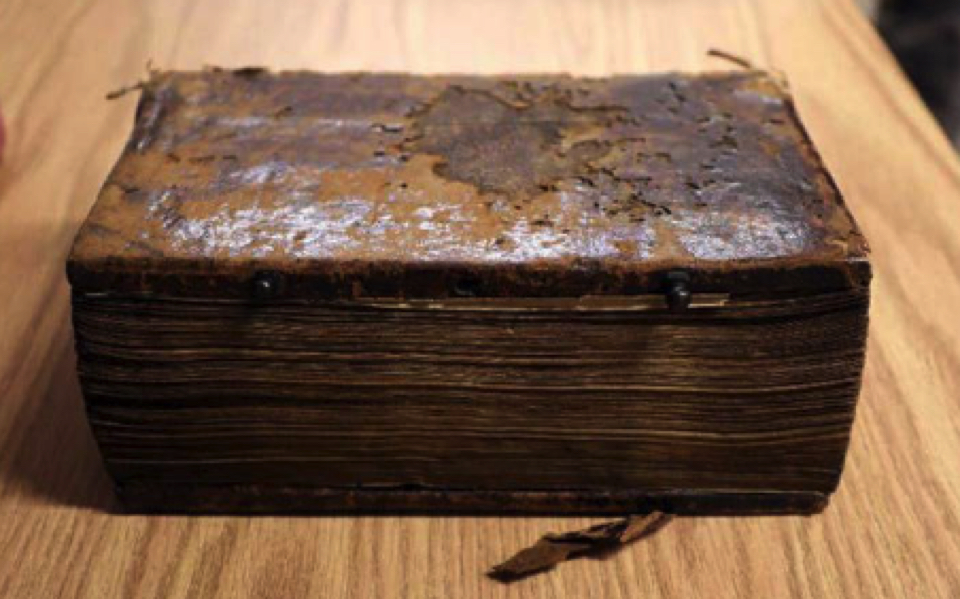A (modern) Greek tragedy

The Prologue: The Greek Orthodox Ecumenical Patriarchate, the center of the Eastern Orthodox Christian faith worldwide, has learned that certain institutions in the United States, including the Morgan Library & Museum, Princeton University and Duke University, collectively hold eight Byzantine-era holy manuscripts that were stolen, along with many others, from the Eikosiphoinissa Monastery in northern Greece in late March of 1917, during World War I.
The Parados: The theft was committed by Bulgarian forces that stormed the monastery and sacked its library, which consisted of a remarkable collection of 1,300 ecclesiastical volumes, including 430 valuable manuscripts that were centuries old. The leader of this guerrilla force, Vladimir Sis, took the manuscripts to Sofia, Bulgaria, where book dealers illicitly sold them. Despite efforts by Greece as part of the Treaty of Neuilly-sur-Seine to have Bulgaria return these manuscripts, many of the volumes were never recovered and were deemed lost forever.
Recently, the Ecumenical Patriarchate discovered that certain of the volumes were in collections in the United States, including volumes at the Morgan Library, Princeton University and Duke University.
We are hopeful that these institutions will follow in the footsteps of others around the world that are willingly returning stolen art and artifacts to their rightful owners.
Indeed, the Lutheran School of Theology in Chicago recently returned one of the manuscripts in its collection because it was among those stolen from the Eikosiphoinissa Monastery in 1917.
James Nieman, the president of the Lutheran School, said that there was “widespread agreement” that the manuscript should be returned and that it was the “right and moral thing to do.”
The Exodus: Princeton, Duke and the Morgan Library, all of which have manuscripts stolen from the same library at the same time, should follow the example set by the Lutheran School of Theology and return the manuscripts.
After 100 years, it’s time for the manuscripts to come home.



